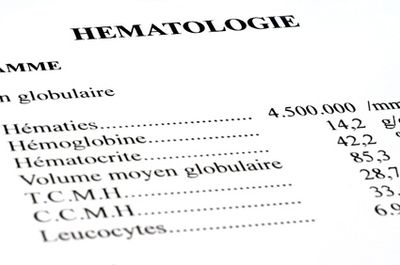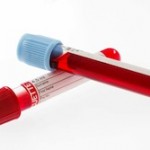
Preoperative assessments
preoperative assessments
Your dog or cat will undergo surgery ? sometimes it is recommended to perform a preliminary bloodwork.
Indeed, your veterinarian performs, before surgery, a thorough physical examination of your pet to ensure it is able to be anesthetized and operated. However, certain abnormalities can not be detected by conventional clinical examination. Blood tests are then necessary to check that your pet is able to properly remove anesthetics, he shows no coagulation disorders, anemia or disease in asymptomatic time…
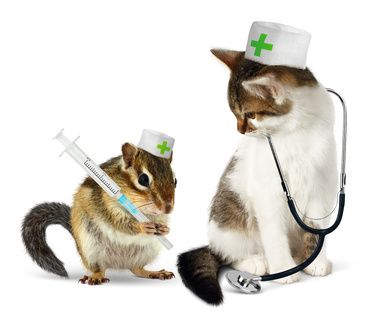
Who is the preoperative blood test ?
The preoperative can affect all animals to be anesthetized. It is, Of course, highly recommended for older animals but it is also sometimes necessary in younger animals. Indeed, a young animal may have abnormal blood tests and, without symptoms.
For animals that have chronic disease or who are taking regular treatment, a pre-anesthetic blood work should always be done before considering surgery.
How is performed preoperative blood checkup ?
The preoperative blood test is done by a simple blood on your pet. The sampling is done either to the leg, either in the neck. The veterinarian then analyzes the blood and the results are obtained quickly (a few minutes to several hours for most tests).
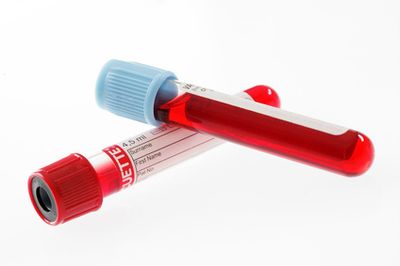
What is sought ?
The blood tests used to search for signs of disease that are not necessarily detected during a clinical examination. Several types of analyzes can be performed :
Of biochemical analyzes : glucose, calcium, phosphorus, urea, creatinine, transaminases, phosphatases alcalines, sodium and potassium ions ...
For example, the determination of urea and creatinine ensures the proper functioning of the kidneys. The dosage of transaminases and alkaline phosphatase to verify the proper functioning of the liver.
Of hematologic : the cell count corresponds to the count of red blood cells, different types of white blood cells and platelets. This type of analysis allows in particular to detect anemia, signs of infection, signs of inflammation, immunodeficiency or clotting problems…
Measuring clotting time ensures that the blood of the animal normally coagulates.
In cats, it is often suggested to practice FeLV research tests (Feline Leukemia) and IVF (Page you chat). These tests whether the animal carries one or the other of these viruses and anticipate potential problems (defect healing, immunodeficiency ...)
What are the consequences ?
If your pet blood tests are normal, the operation can be done in optimal conditions.
If blood tests reveal minor abnormalities, Surgery may be done by taking special precautions : intravenous fluids, use of a particular anesthetic protocol, establishment of concomitant therapy ...
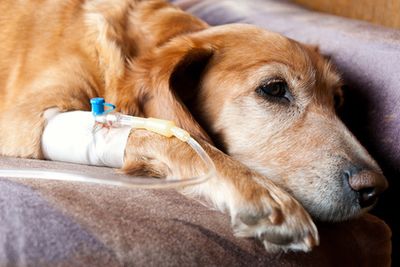
Finally, if blood tests reveal large discrepancies, surgery may be postponed or even canceled after evaluation of the benefit / risk for the animal.
Take the example of a dog that had been scheduled scaling and in whom we discover kidney failure. The veterinarian may decide that the benefit provided by the scaling does not meet the risk it takes to fall asleep, prefer to start with treating kidney failure and hand surgery at later. On the contrary, if the animal suffers many of his dental problems and refuses to eat, it may deem it urgent to conduct dental and realize anesthesia taking precautions for renal insufficient animal : Each situation is evaluated case by case depending on the health status of the animal and the urgency of surgery to achieve.
Other possible tests
Apart from blood tests, the vet may suggest, as the case, other tests before considering the operation. Depending on the type of surgery, age and health of your pet, he can perform imaging tests (radiography, Ultrasound), urine analysis, an electrocardiogram ...
All examinations before the operation will address the surgery calmly, that both you and your pet to the vet.
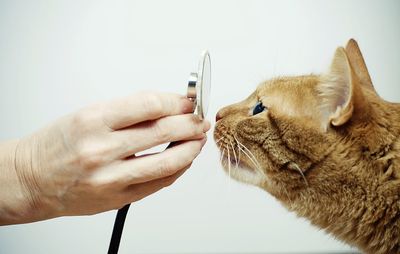
§
Preoperative blood tests are frequently performed before surgery. They help ensure that the animal can support correctly anesthesia and surgery, and so provide the best conditions for operation.
With these examinations, surgeries on sometimes very old animals may be considered !
Perform regular blood tests is recommended for your pet, even when no intervention is planned : it allows early disease detection and better management of the health of your pet.
Author : Dr. Magali Pernot – Vetup®

